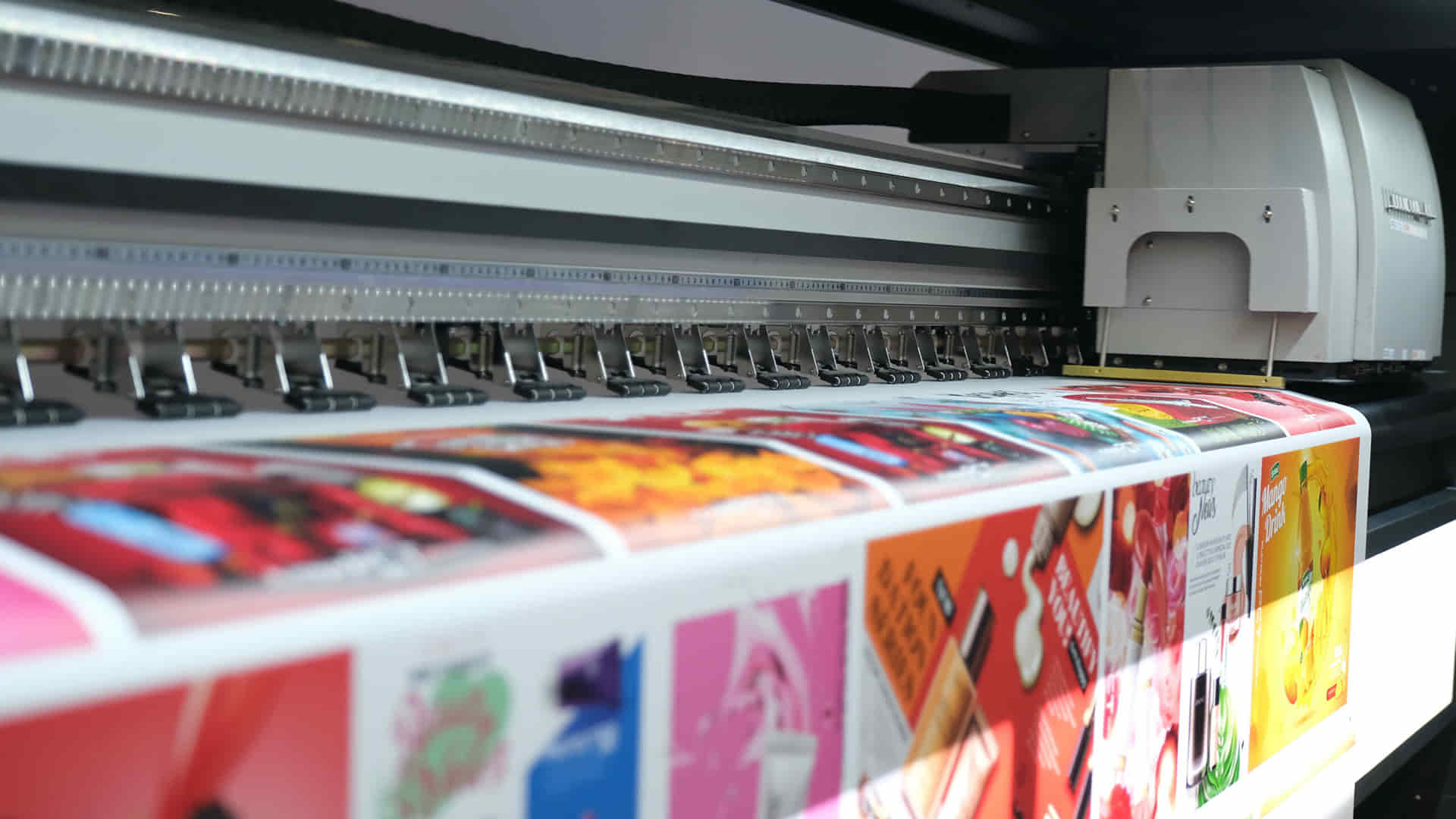FESPA has published the headline findings of its 2023 Print Census, highlighting the impact of rising sustainability demands and evolving customer requirements on business models and investment plans. Conducted in partnership with InfoTrends, a division of Keypoint Intelligence, this year’s Census further explored the long-term trends that emerged from the analysis of the 2018 Print Census, including revenue and industry outlook, the rise of environmental pressures, changing customer demands, future investment and purchasing plans, and business models and strategies.
1,778 print and sign manufacturers from more than 120 countries participated in the FESPA print census, a 26.5% increase in participation compared to the last survey published in May 2018. This year’s census attracted 1,778 print and sign manufacturers from more than 120 countries. Respondents defined their business focus as graphics (61%), signage (26%), textile (24%) and industrial (14%).
The market outlook remains positive in line with the results from 2018, with 71% of respondents stating that they are optimistic about the future of their business, despite the considerable economic challenges of the past five years. The survey further highlighted that the industry is adapting to the changing landscape and finding new opportunities for growth. In accordance with this, respondents reported a 7% average revenue increase since the 2018 Census. In 2018, the mean annual revenue was reported as €4.4m, compared with a mean annual revenue of €4.7m in 2023, showing a €330k increase.

Buyers request environmentally friendly products and practices
The Census reaffirmed that the pressure on printers and signmakers to be more sustainable continues to rise, with 72% of print buyers requesting environmentally friendly products and practices. 25% of respondents shared that their customers cared most about sustainable products and 12% identified a focus on sustainable manufacturing, however, the majority of printers (36%) disclosed that their customers cared about both. The perceived cost increases are often a barrier to sustainable production, but 70% of the respondents shared that they can address sustainability demands without raising their prices and a further 22% advised that they already raised pricing without impact on sales.
Customer demand continues to change the market
The industry is being shaped by changing customer requirements, including quicker turnaround times, more personalisation and versioning options, and shorter print runs. 67% of responses showed an increase in the demand for faster turnaround, 58% noted a rise in requests for shorter runs and 56% highlighted the upsurge in interest for more versioning and personalisation, while only 38% noted an increase in the demand for more complex logistic requirements.

Technologies with ease of production and flexibility of application are in demand
The survey highlighted that print service providers are interested in investing in technology that can streamline production and provide greater application flexibility. For 201 of the 1,778 survey respondents, who stated that they own screen printing and wide format equipment, UV-curable Inkjet (27%), eco-solvent Inkjet (18%) and CNC finishing (17%) are the highest priority for their purchasing plans.
Business expansion drives technology investment
According to the answers to the question about the rationale behind planned technological investments, 55% of respondents want to enter new markets and expand their service and application offerings, 53% are focused on enhancing print quality and 52% are looking to reduce the unit cost.
FESPA Head Of Associations & Technical Lead, Graeme Richardson-Locke commented: “It is a really positive result to see our community so optimistic not only about the future of our industry, but also about the growth potential of their businesses. The survey once again cemented that one of the key challenges printers and signmakers are currently facing are the ever-changing customer demands and the growing need for sustainable solutions. Thanks to the responses from our community, we can now develop and evolve our offering to tailor it, but above all, we hope that the Census findings will help our community to benchmark themselves against similar businesses globally, and to make informed choices for their future.”


